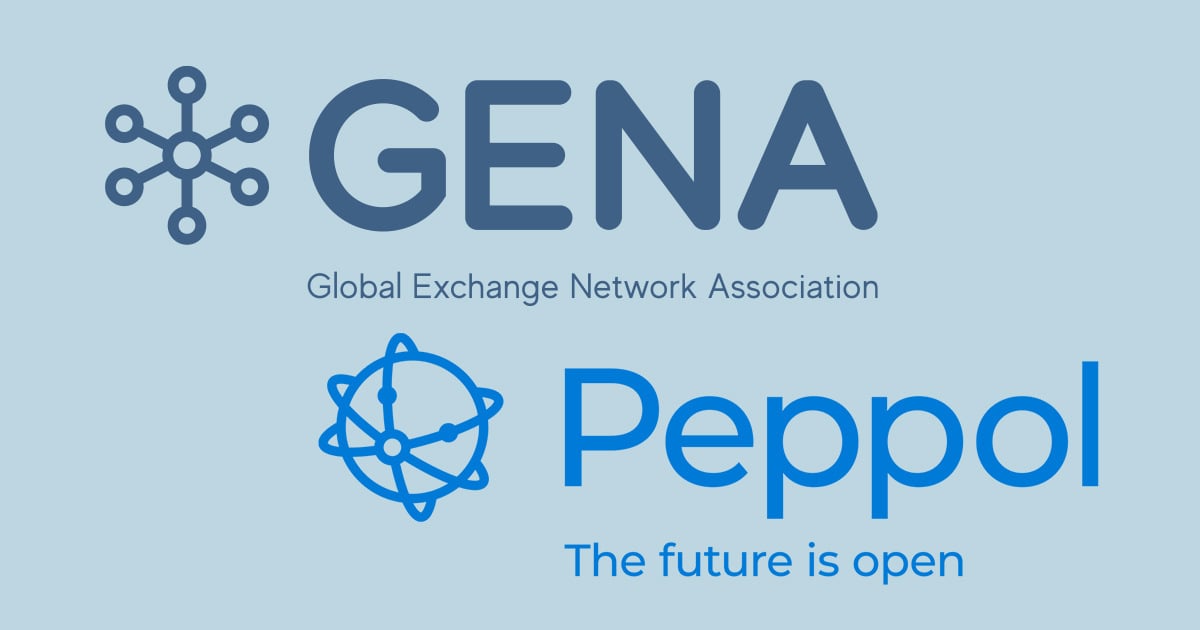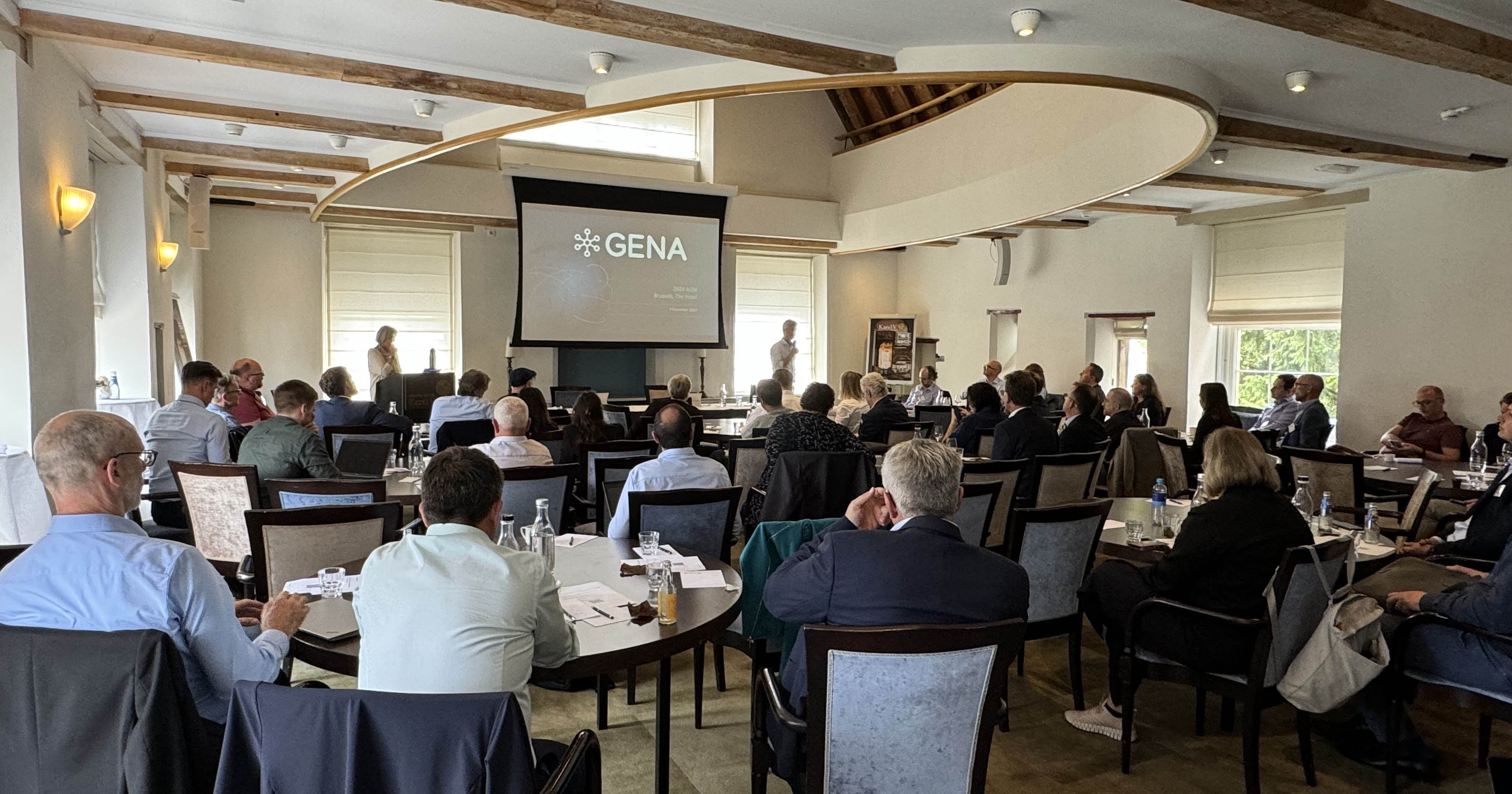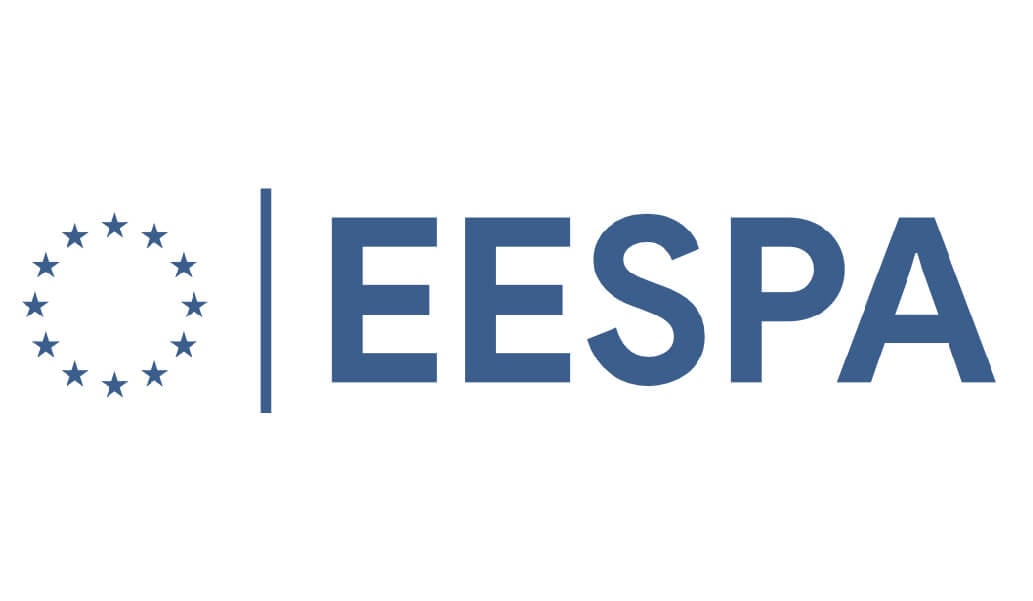Follow the news sweep on e-invoicing in Europe

France is applying to create a Peppol authority under the auspices of the State. The organizations GENA and OpenPeppol are discussing a merger. In Poland, there is criticism of the national e-invoicing system to which all transactions will have to be reported from February 2026.
New e-invoicing news is constantly emerging around Europe. Join us for our international outlook.
French next step for e-invoicing law
In September 2026, France's regulation on mandatory e-invoicing is supposed to come into force. It now seems likely that the French government will apply to become the national Peppol authority, responsible for supporting and promoting standards and networks. It is OpenPeppol that designates official authorities and with which they then cooperate.
OpenPeppol in turn is an international non-profit organization established under Belgian law. It is composed of public and private members and is responsible for the development and maintenance of the Peppol specifications. Its aim is to help trading partners globally, in both the public and private sectors, increase efficiency by using the Peppol Interoperability Framework to integrate their business processes.
To return to the French mandate for e-invoicing, this mandate will cover business-to-business (B2B), business-to-consumer (B2C), export and import transactions and import of services. The requirement will be enforced in September 2026. After that, all businesses will be required to receive e-invoices. At the same time, e-invoicing will become mandatory for large and medium-sized enterprises. The applicable thresholds are set at more than 250 employees and that the company either exceeds €50 million in turnover or €43 million in its balance sheet.One year later, in September 2027, small businesses will also be covered by the same e-invoicing law.
Source: vatcalc.com
Should GENA and OpenPeppol become one?
Should GENA (Global Exchange Network Association) and OpenPeppol merge to become one organization? A proposal for a merger - effective January 1, 2026 - was put forward for approval at GENA's meeting in Utrecht earlier this month.
But that idea was rejected. The Industrial Strategy Council (ISR) highlighted the value of GENA remaining an independent membership body (for e-invoice operators) and expressed concern that the organization's identity and influence could be compromised by a merger with OpenPeppol.
GENA's management has, however, recommended to continue the discussions and to carefully evaluate two possible paths: a future merger with OpenPeppol or to remain an independent federation.
It is stressed that both options must ensure that OpenPeppol develops into a scalable and professional organization with the necessary resources. A more detailed planning and decision-making framework, based on the results of the evaluation period, will be developed for the next meeting in December. GENA and OpenPeppol will continue to cooperate in joint activities where appropriate.
Source: GENA Secretariat
Poland's KSeF may violate GDPR
Poland's mandatory national e-invoicing system KSeF will come into force on February 1, 2026. Now domestic entrepreneurs are complaining that information that should be considered a closely guarded business secret of every company is to be provided to the planned central IT system. There is widespread concern that these facts will be collected in a single system.
The entrepreneurs, who have chosen to react, also express concern about possible violations of the right to privacy and the protection of personal data.
A letter on this issue has been sent to the country's Deputy Ombudsman. He has in turn written to the head of the Polish National Tax Administration. This petition points out that the scope of data to be collected in the national e-invoicing system is so far-reaching that it contradicts several pieces of legislation. The objection is exemplified by the fact that it is explicitly stated that the activities of a business entity should not be accessible to other business entities competing in the same sector. "Access to such data would violate the principle of equal competition" says an addendum made by the Constitutional Court in 2011.
Requested collection of data may also violate the provisions of the GDPR Regulation. One of the articles of the regulation states that "information collected by public authorities shall be limited to the necessary data."
The CSEF has generally been the subject of strong criticism during the implementation process. The Ministry of Justice's website states that the e-invoicing system is deficient in many respects, including IT architecture, efficiency, security, further development and the possibility of recovery. The system was due to go live on July 1, 2024, but due to a number of weaknesses identified, its introduction has been postponed until February 1, 2026.
Source: prawo.pl and vatcalc.com


